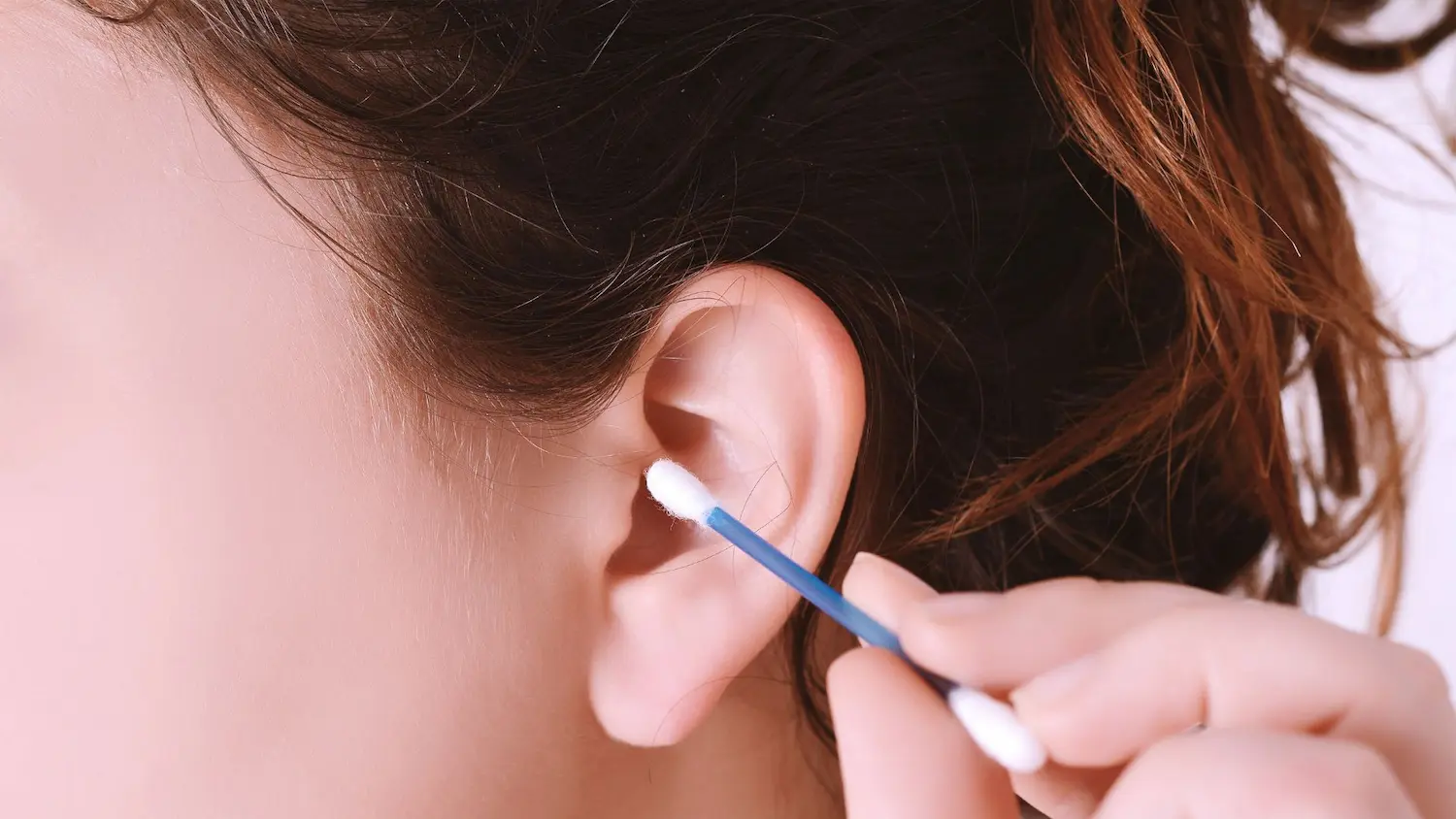We all know the saying prevention is better than cure, and it’s very true when it comes to ear health. Most people are focused on caring for their muscles, their minds, their looks but who ever really thinks about their ears? Usually it’s not until something goes wrong – we start getting ringing in our ears, or a blockage or some kind of infection and we realize we need to give our ears the same TLC as we give the rest of our bodies.
There are small but effective measures that younger people can take to prevent tinnitus or similar ear issues.
Let’s take a look at what they are:
1. Use Hearing Protection in Noisy Environments
It’s not just construction workers who should think about wearing earplugs, we all should consider them when near anything particularly noisy. Think, music festivals, nightclubs, sports events, concerts, riding a motorcycle, or even using a drill or lawnmower.

You know how sometimes after being at a loud concert, you experience a temporary feeling of healing loss? You know that it will recover, but you leave the concert with ringing in your ears. Well that can actually cause long-term damage to your ears.
On the whole, the louder the sound and longer you are exposed to it, the less time it takes and the greater the risk for hearing loss to happen.
You can get earplugs that are designed for you to still hear the music, just a little softer.
2. Stop Cleaning Your Ears
As satisfying as it can be to stick a cotton swab in your ear canal to clean out a bit of wax, it can be damaging. You really don’t need to clean your ears that way. Usually, putting a cotton swab down there simply pushes the wax down even further.
That can cause a build up of impacted wax and also cause pain to the eardrum.

Additionally. Ear wax is actually good for your ear. It’s antimicrobial, prevents infection, protects the eardrum and stops itching.
If you feel you need to clear away any visible wax, do so carefully with a tissue around your finger, and do not go inside the ear canal. You can also consult a professional to have them unblock you ears with expert tools that do not damage your ears.
3. Install a Decibel Meter on your Phone
If you install a decibel meter on your phone you will be able to determine whether you should wear hearing protection or not at that moment.
The best thing to do is to aim to keep the noise in your immediate environment below 70 decibels, as sounds above that can begin to cause damage to your hearing, if expose for a prolonged period of time.
Ultimately, some things are out of our control, but why not do as much as you can to prevent hearing loss or ear conditions by protecting your ears as much as you can?
Use ear plugs and make good habits part of your routine. Always consult an audiologist if you feel you need extra help or care.





